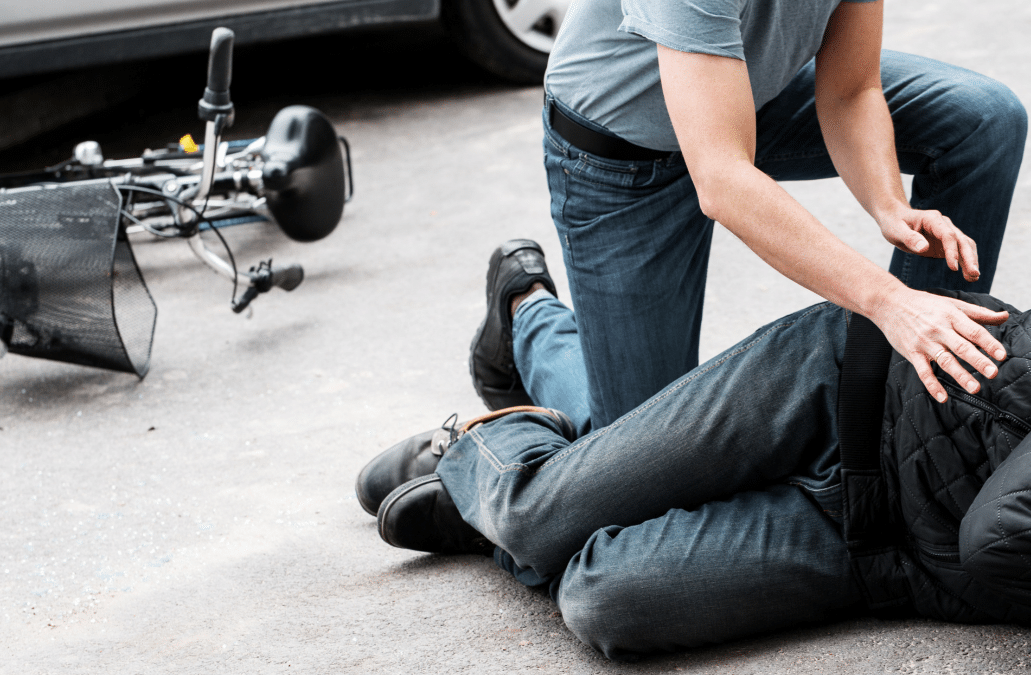Negligence is a legal doctrine that often serves as the basis for a wide range of personal injury cases. From medical malpractice to vehicle accidents to product liability, the kinds of personal injury claims that often hinge on the establishment of negligence are many.
But what, exactly, is negligence and how can it be established in association with a personal injury case? This is a very complex issue and often must be examined on a case-by-case basis when it comes to personal injury claims.
Essentially, for negligence to be proven, a claimant must show that: (1) the defendant has a duty or responsibility to the claimant; (2) that duty was, in fact, breached; and (3) that an injury resulted from that breach.
So, under the negligence doctrine, it is not enough to prove that an individual neglected a perceived responsibility to ensure your safety, or simply that an individual’s actions or inaction caused you harm. All three conditions above must be met to establish liability under the negligence theory of personal injury law.
(Key Mistakes That Hurt Your Personal Injury Claim)
Say, for instance, an auto manufacturer builds a sedan that has been shown to have a defect in the braking system and has caused a spate of injuries through accidents in recent weeks. If you have been driving this product for years but cannot establish that you have experienced this issue and, particularly, that you have not been injured as a result, there is no basis for a negligence claim. Even though the manufacturer has a duty to you, its customer, because you experience no harm resulting from the car’s defect, no claim damages are warranted from a legal perspective.
Say, also, that an individual steals one of the automobiles produced by the same manufacturer. In the course of driving the stolen car, the breaks fail and the car crashes into oncoming traffic at an intersection, causing the driver serious injuries. This individual has no real case for damages in his accident.
The fact that the manufacturer created a defective car is not suitable enough evidence in this case. The driver in question has broken the law in obtaining possession and use of the car, and the manufacturer has no duty to that driver as such. In addition, the law has no responsibility to make whole individuals harmed in the course of breaking the law.
If you believe you have suffered harm due to the negligence of another individual or entity, Bizzieri Law’s personal injury attorneys are skilled and experienced in fighting for damages so that our clients can get back to living their lives. Discerning liability can be complex and sometimes understanding all of the responsible parties involved can take skill, experience and knowledge of Illinois personal injury law.
If you’re looking for an experienced Chicago personal injury lawyer to help navigate your personal injury claim, we will fight assiduously for your right to the compensation you deserve. Call Bizzieri Law Offices at 773.881.9000. The case evaluation is free, and we never charge a fee unless we recover damages for you.

